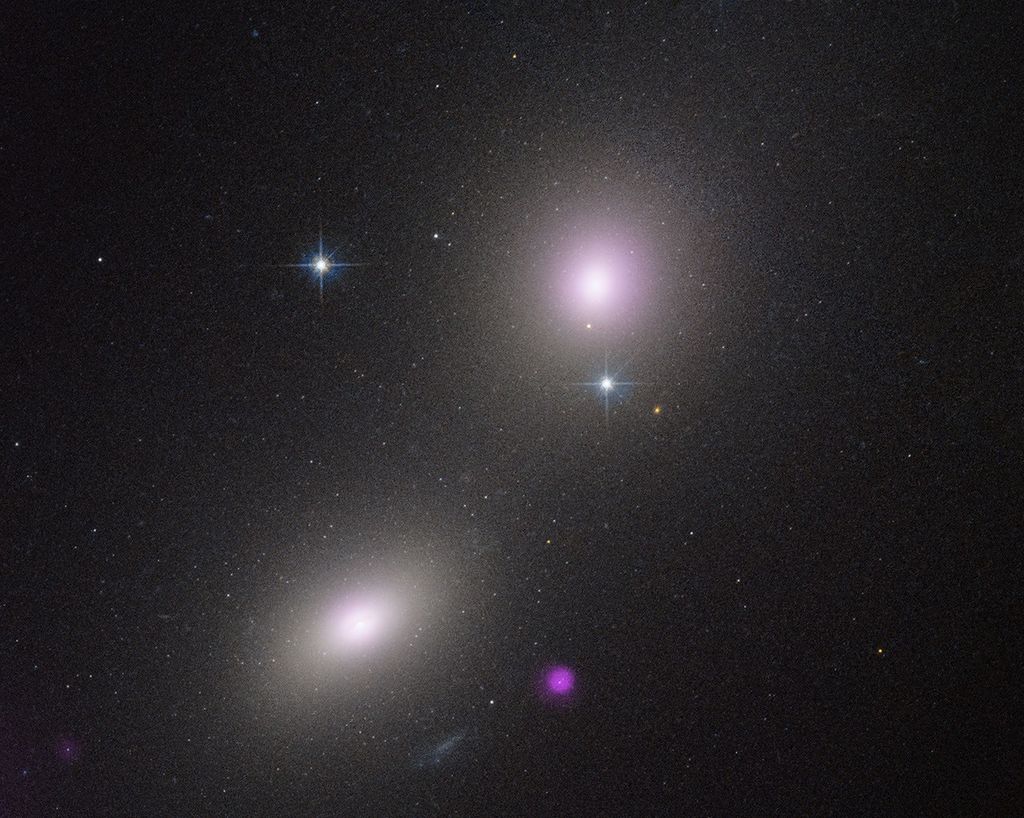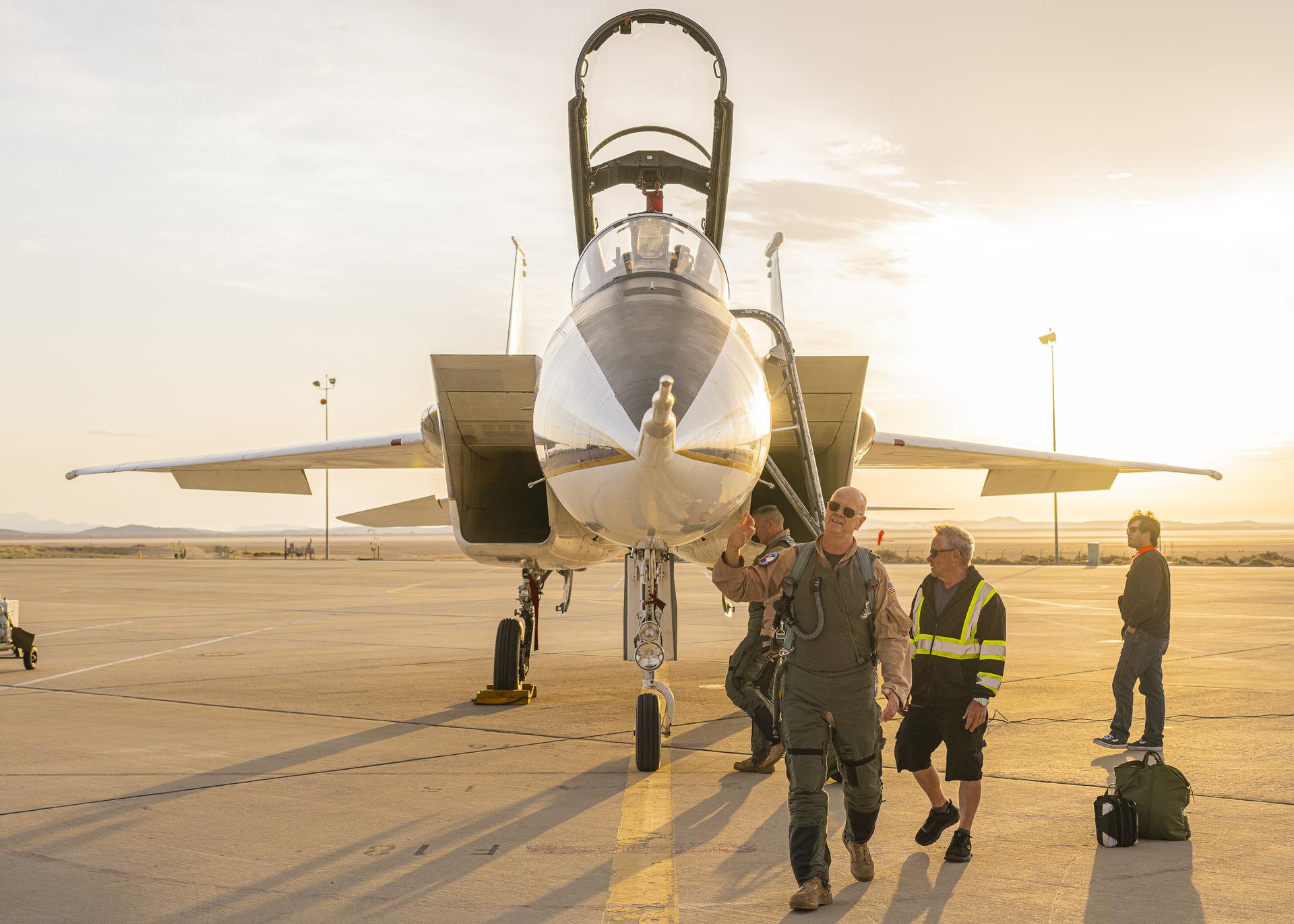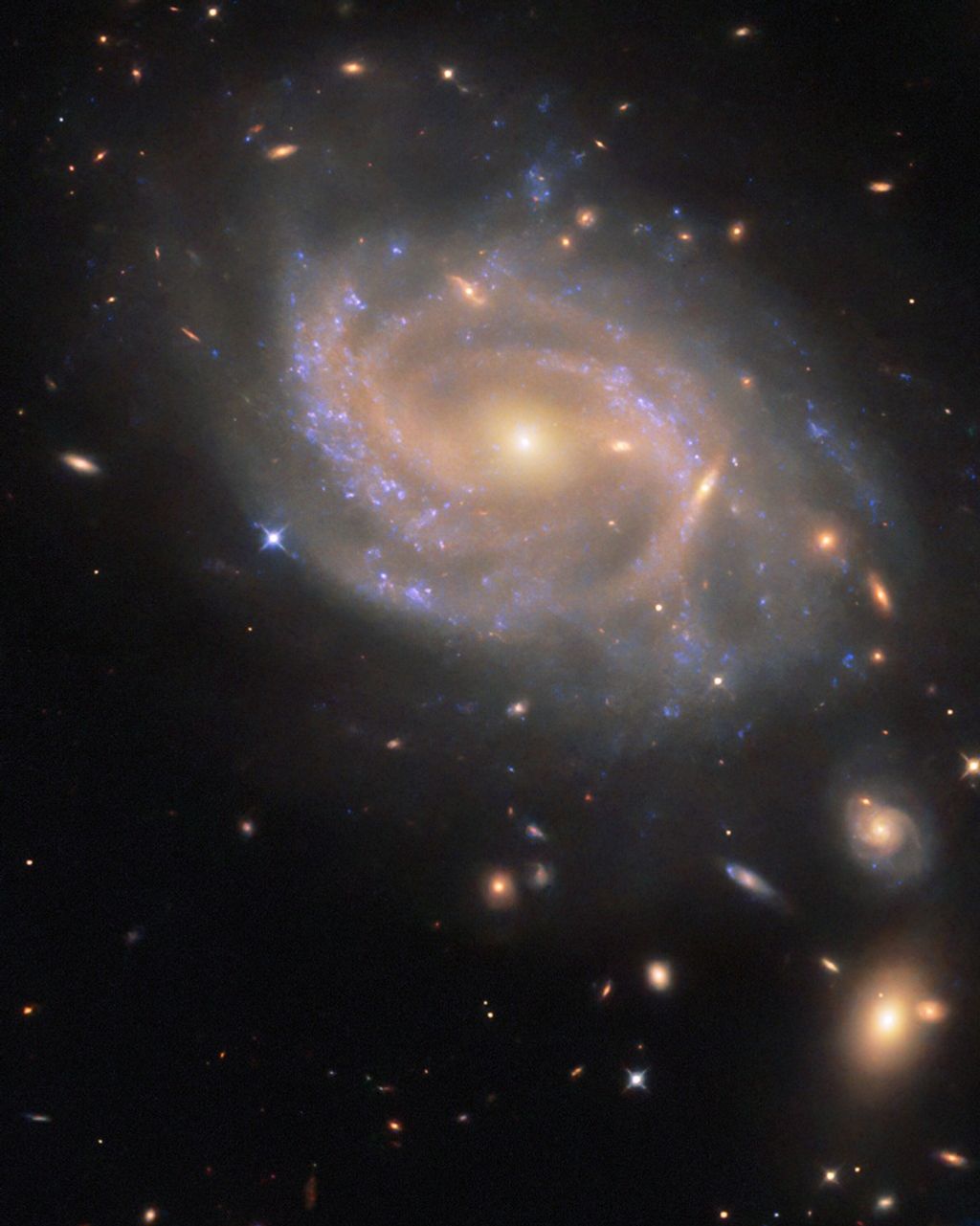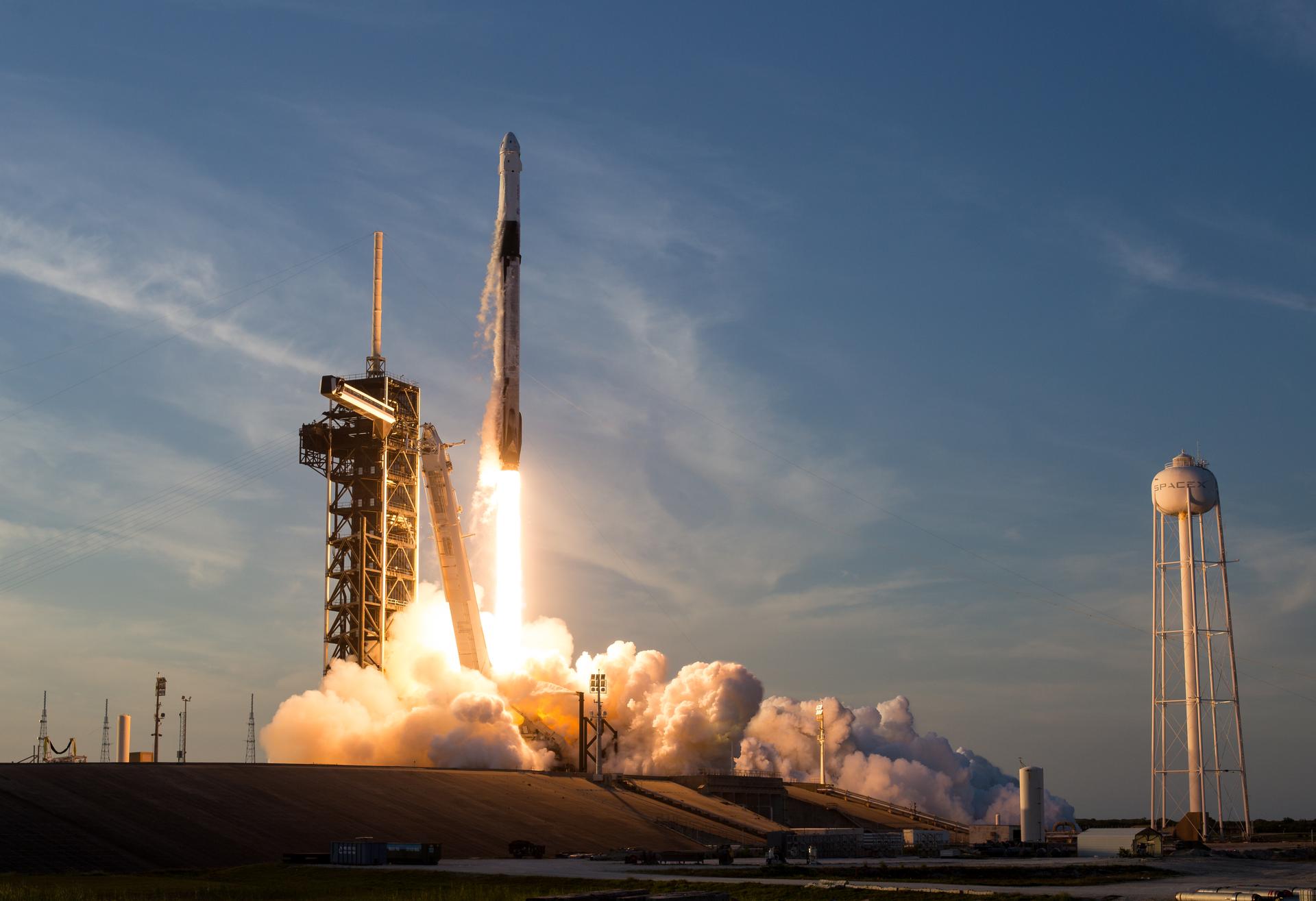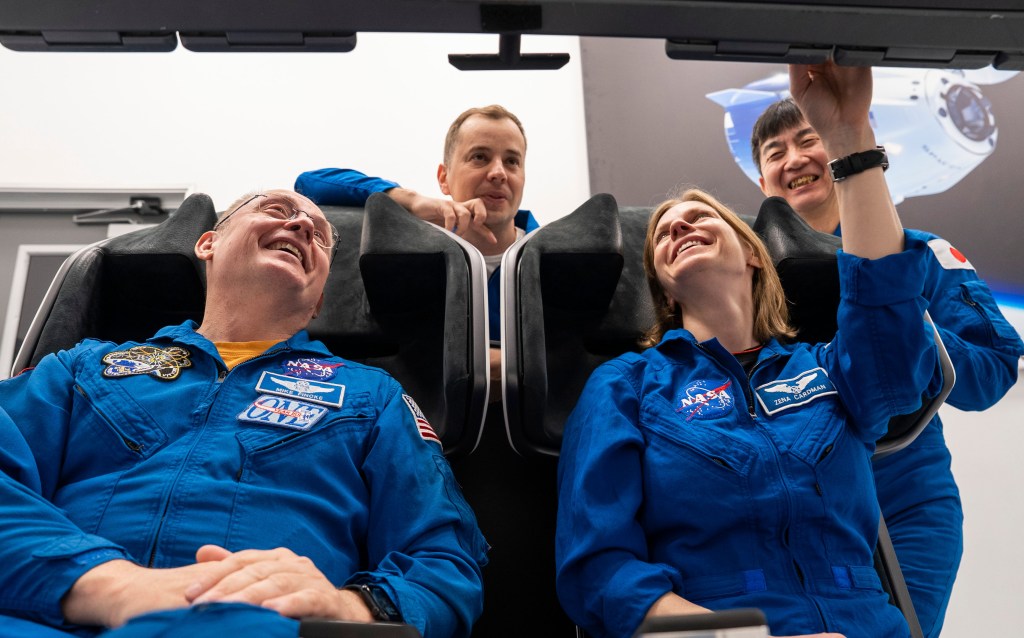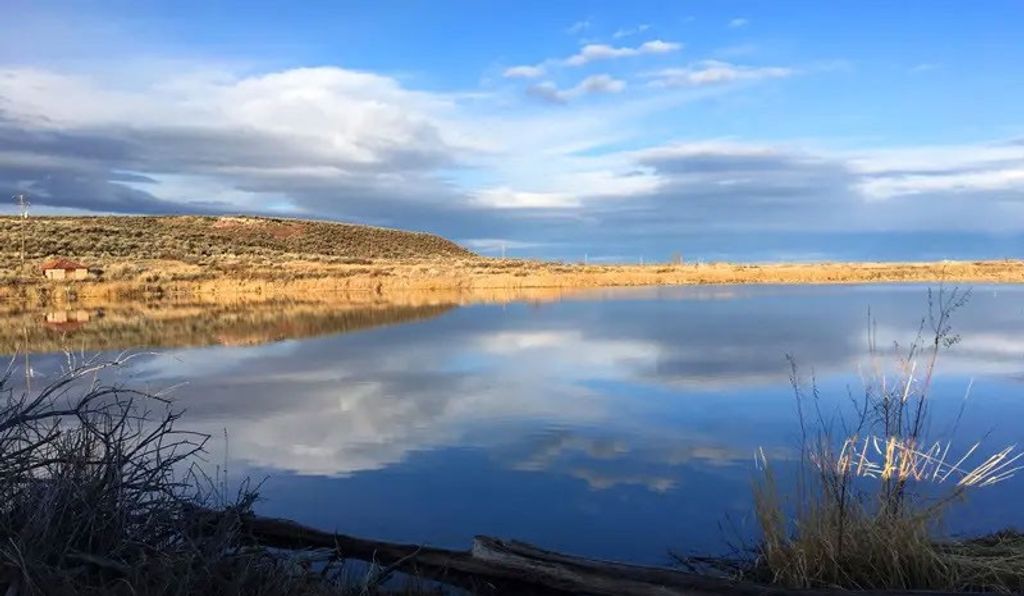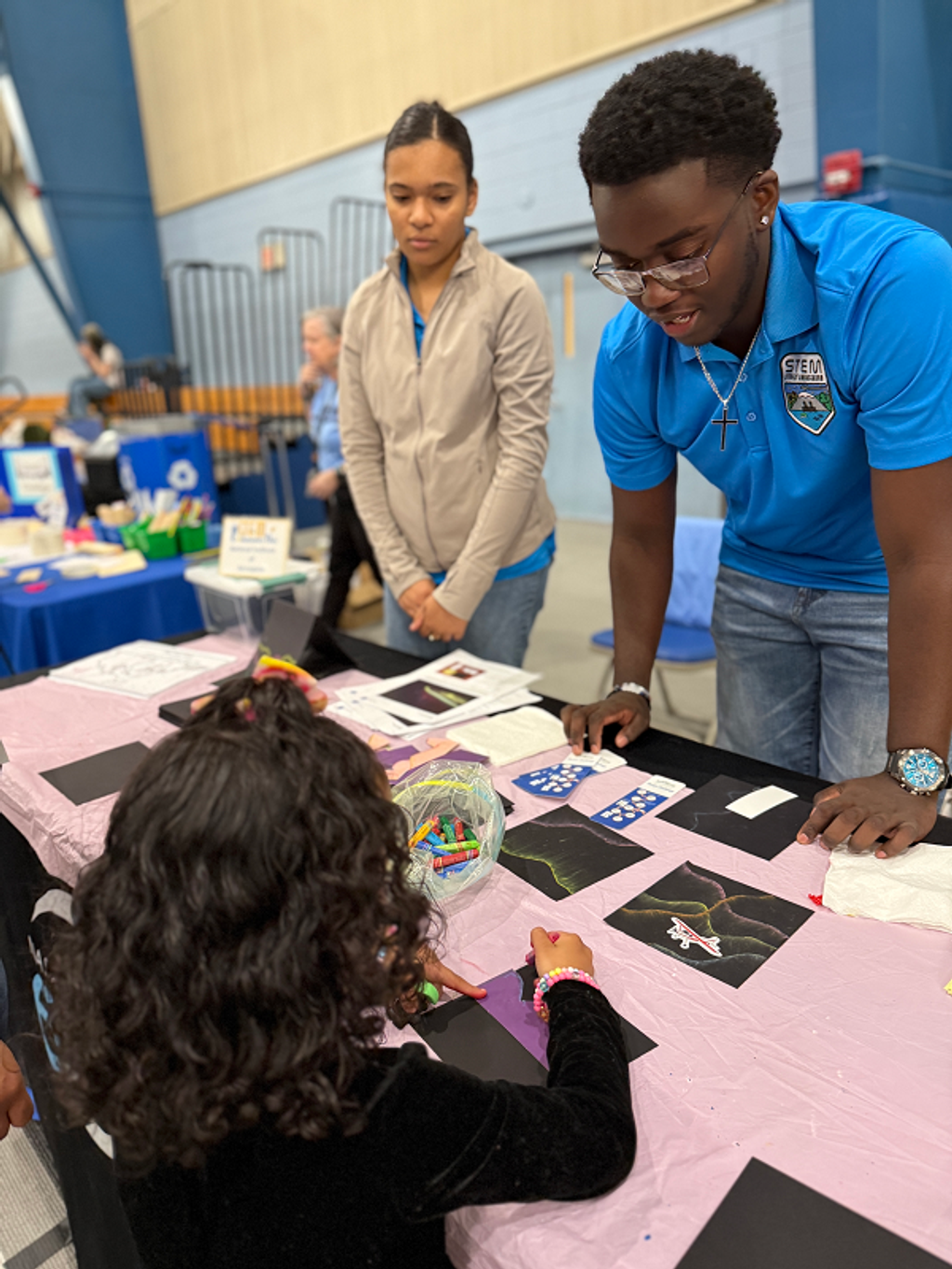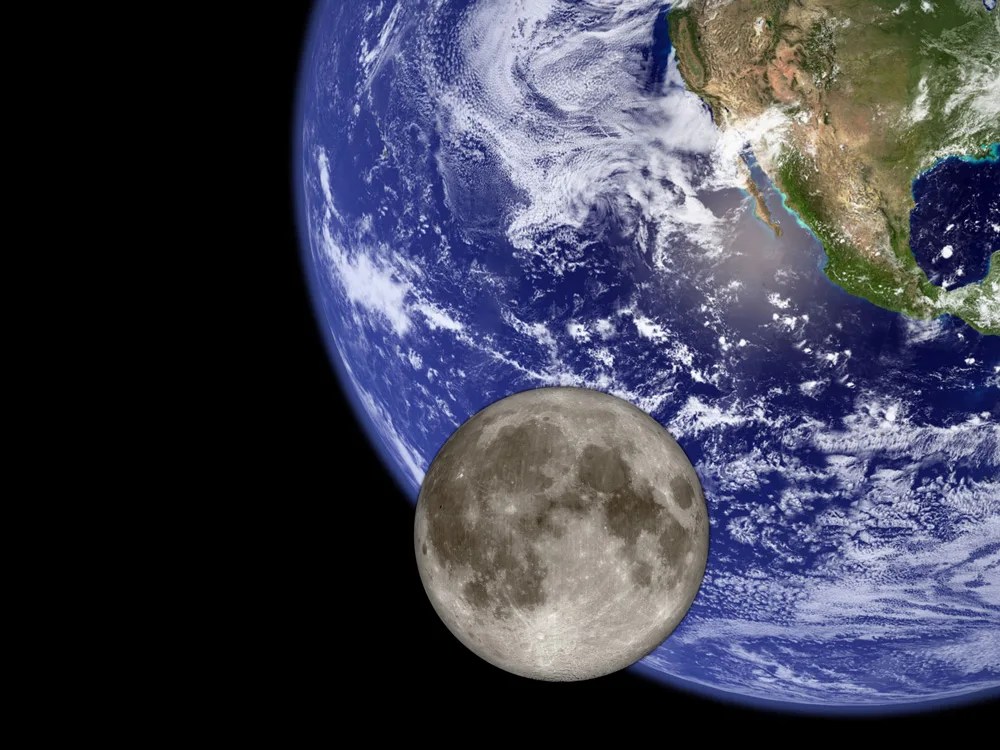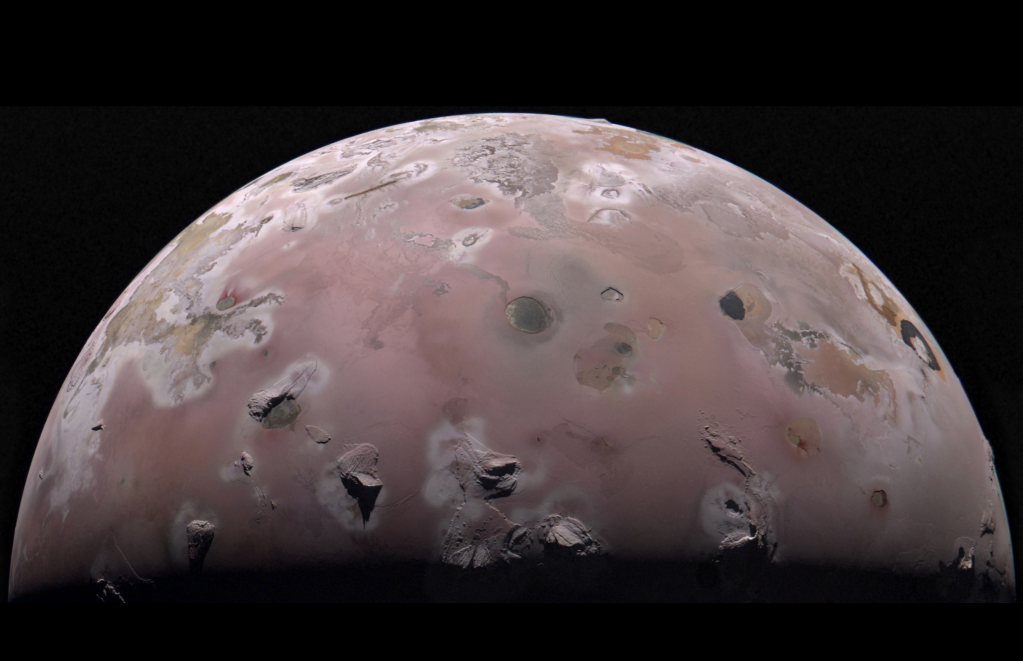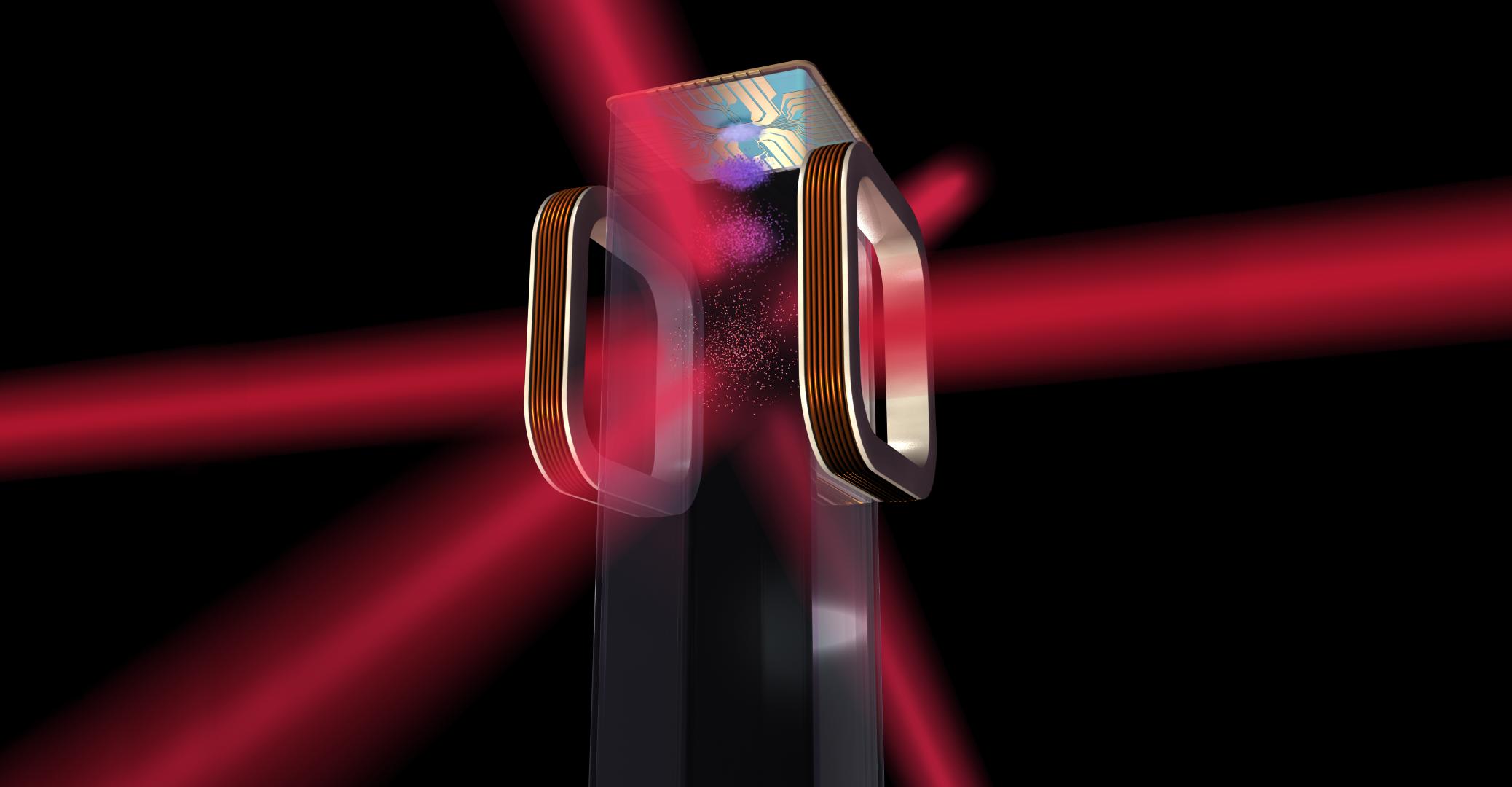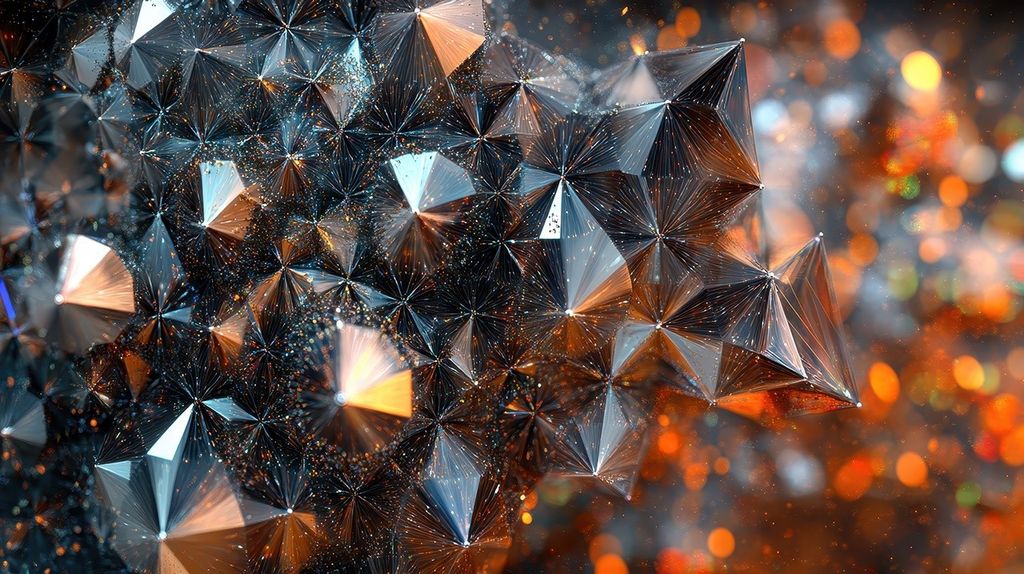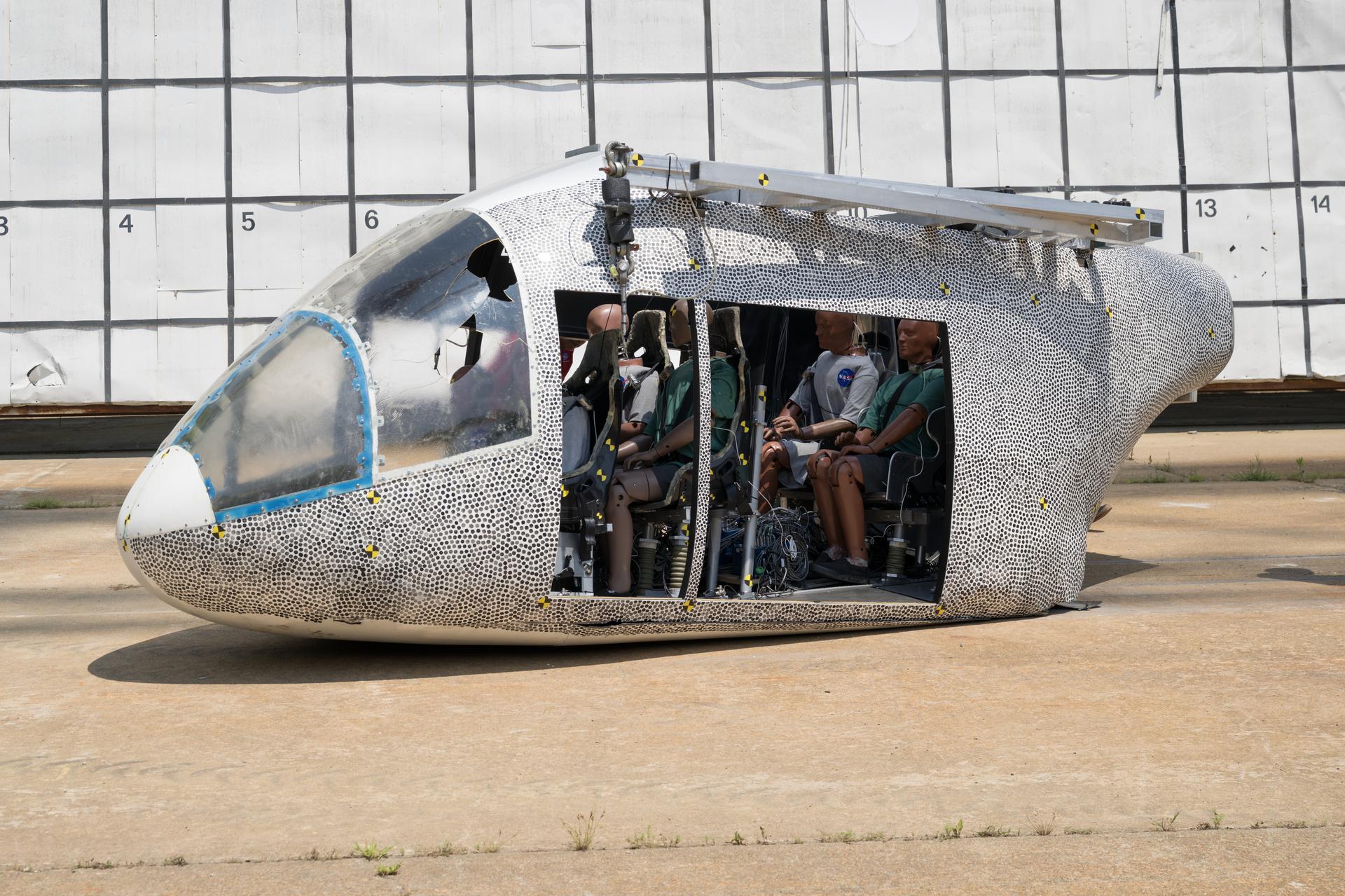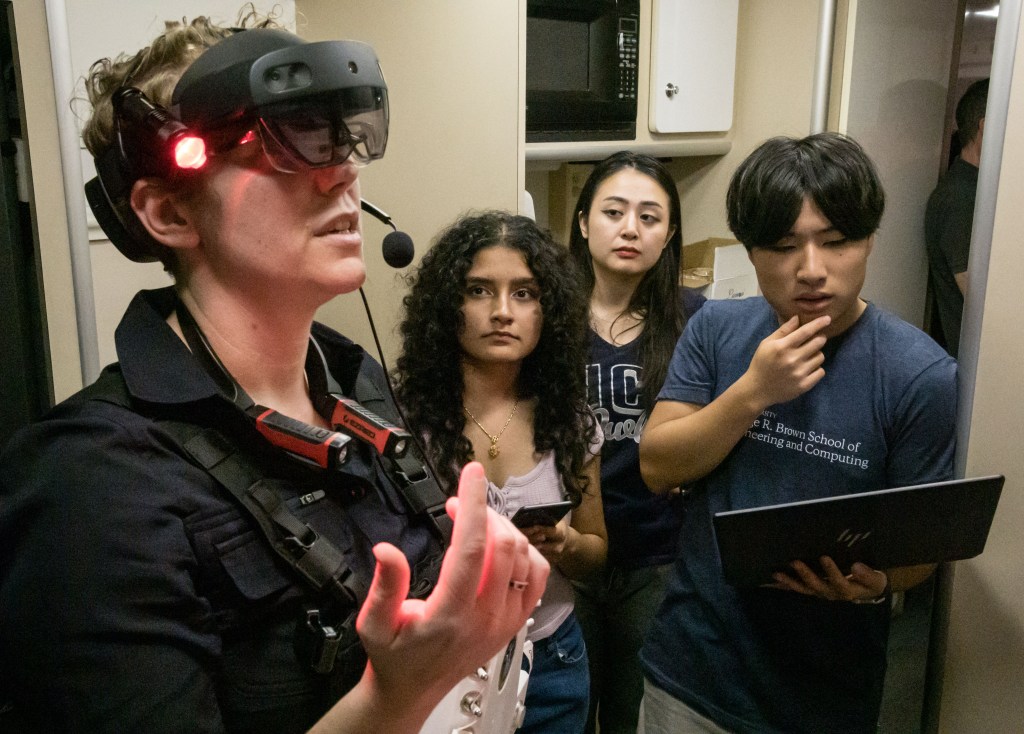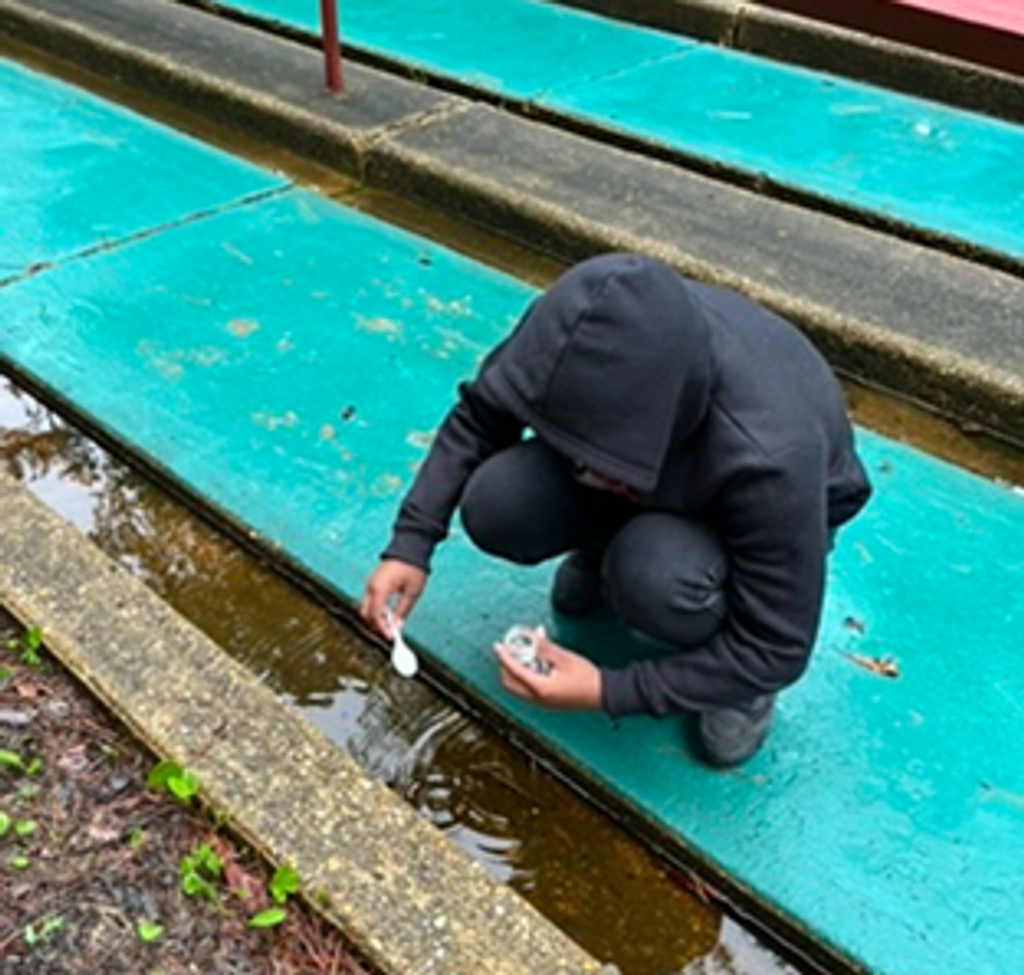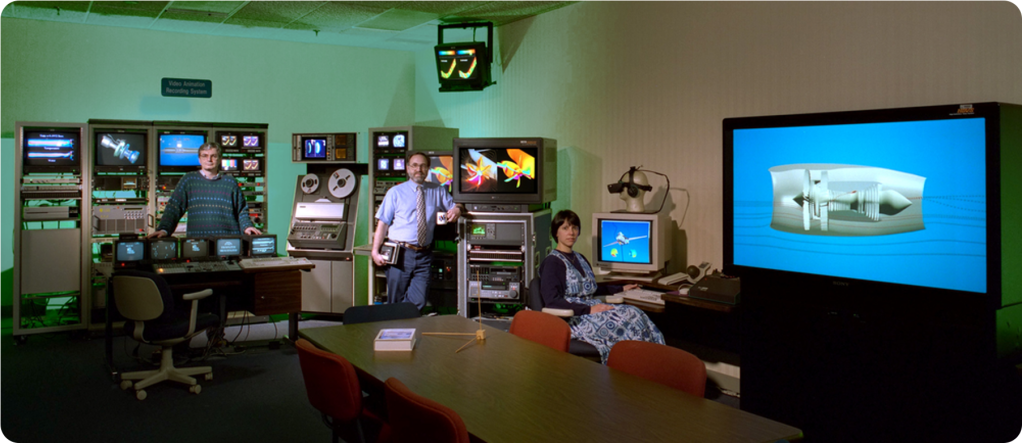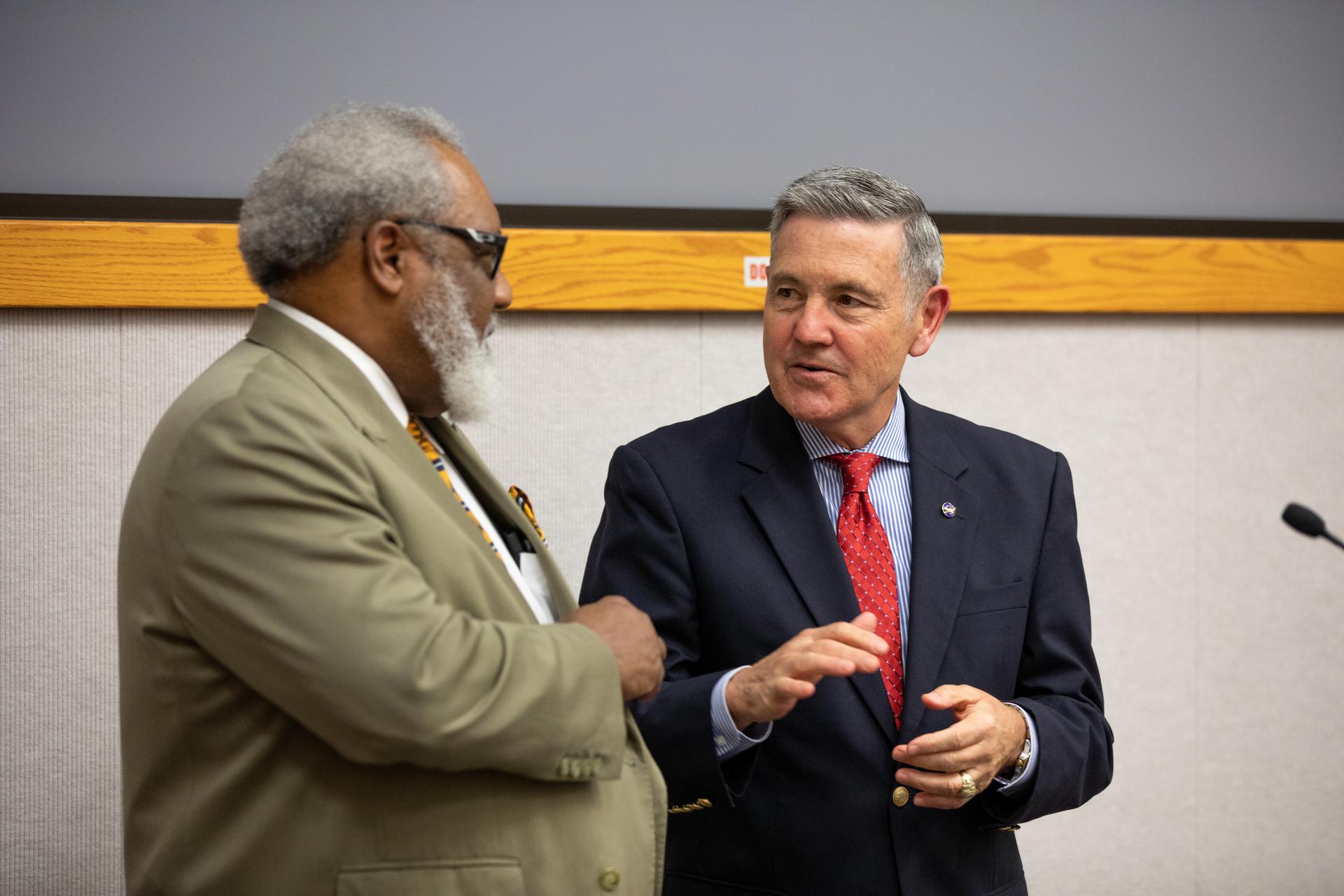
By Jim Cawley
NASA’s Kennedy Space Center
Directing and producing documentaries has taken Robin Hauser to the White House, Capitol Hill and conferences worldwide. On Aug. 20, 2019, it took her to Kennedy Space Center in Florida, where she discussed the far-reaching effects of bias in today’s society — particularly in technology.
During research and interviews for her award-winning documentary “Bias,” released last year, Hauser set out to gather as much information as she could about unconscious bias and how it can be mitigated. Believing that all humans have at least some sort of bias, she originally thought artificial intelligence (A.I.) could be the answer.
“But what I learned shocked me,” Hauser said during her presentation at the “KSC and Proud to Be” event in the Operations Support II building. “It turns out that artificial intelligence is already becoming biased.”
While malicious intent does exist, Hauser believes lack of foresight or carelessness are more often the culprits. By using skewed or imperfect data, biased algorithms can be programmed by well-intended programmers. Hauser suggested it is crucial to have a diverse data set.
Hauser cited a case involving an extremely successful, high-profile company that experienced the negative effects of faulty A.I. In developing an interior hiring tool to weed through applications, programmers taught the computer to look at the main qualities of the company’s top employees. Based on the fact that most of the company’s top employees were men, the computer started excluding female applicants.
A.I. also has been linked to racial bias. An example is facial recognition, which has had issues misidentifying people, particularly those with darker skin, Hauser said. What about healthcare? If A.I. diagnoses diseases in certain types of people, will computers become biased based on this information? Will the data be skewed toward people with higher income as a reflection of those who use healthcare more often? These are questions Hauser continues to ask.
“It seems to me that a lot of these new apps, there is this race for the bleeding edge,” Hauser said. “You think about the FDA — if you’re coming out with a new drug, it has to go through all sorts of regulation and testing. With technology, we don’t have that. With technology, you can create an app, and just throw it out there and see if it sticks.”
So what can be done?
“I think we need to regulate data input; we need data to be fair and accurate,” Hauser said. “And I think we need to govern ethical standards of artificial intelligence.”
Ultimately, A.I. bias is really about human bias, Hauser said, suggesting that we all look inward to determine our responsibility. Hauser experienced that challenge firsthand during the filming of “Bias.” In talking to people from all walks of life, she learned that we can identify bias in friends, family and others but have an extremely difficult time seeing it in ourselves.
“That means we need to count less on our own gut — I’m suggesting that you question your gut,” Hauser said. “It might be right, but make sure it’s based on something that really matters. Consult with people around you. Talk to diverse people around you.”
Hauser’s presentation was followed by the debut showing of a new employee video focusing on the importance of employee resource groups (ERGs) at the center. Civil servants and contractors throughout Kennedy came together to strongly support the message of diversity and inclusion at the agency.
“It was exciting to see the teamwork that made this video successful,” Kennedy Special Emphasis Program Manager Jessica Conner said. “We all need to recognize, respect and value the similarities and differences within our workforce, and be proactive at making KSC the best inclusive workplace.”
The event was sponsored by NASA’s Office of Diversity and Equal Opportunity, in partnership with the diversity council, which has members from all nine Kennedy ERGs and is chaired by Center Director Bob Cabana.
“I think we have by far the best ERG program within NASA here at the Kennedy Space Center,” Cabana said. “I hope all of you are as proud to be a member of the KSC team as I am. I can’t think of any place I would rather be or any team I would rather work with.”
“We’ve done some amazing things here at NASA … and they’re really all based on our people. And what we’ve learned over the years is that we are much stronger when we open our minds to diverse thought.”
— Safety and Mission Assurance Deputy Director and HOLA Executive Champion Ronnie Rodriguez

